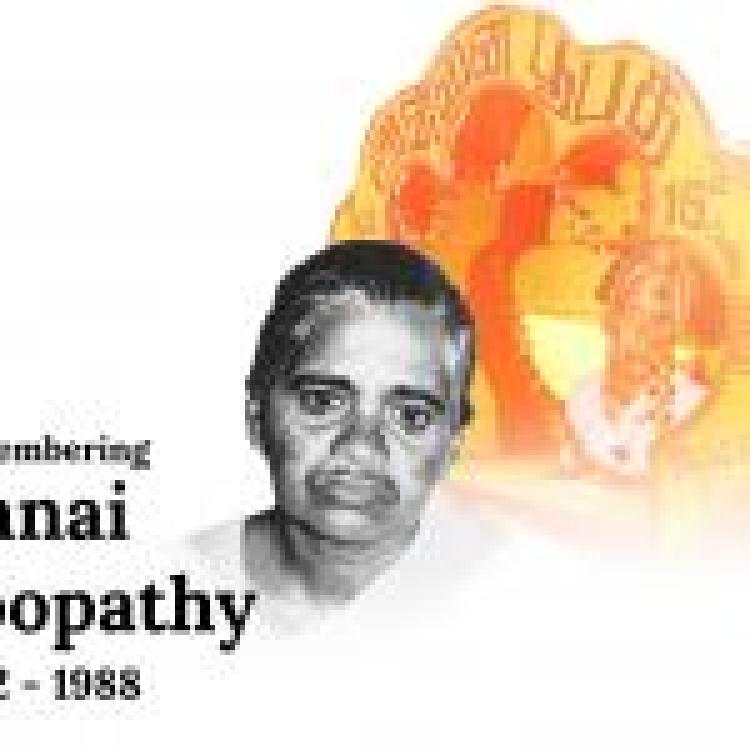A court in Sri Lanka has banned commemoration events that were planned to be held later this month to mark the death of Annai Poopathy, a Tamil woman who fasted unto death in protest against the atrocities committed by Indian Peace Keeping Forces (IPKF).
The Tamil National People’s Front received notice from the Batticaloa Magistrate’s Court informing the party that all commemorative events that it planned on hosting were to be banned.
The notice cites coronavirus regulations as the reason for barring the remembrance events.
The use of coronavirus-related legislation to block Tamil remembrance events and protests has been ongoing since the beginning of the pandemic. The latest move however, comes despite Sri Lankan authorities relaxing rules around the wearing of face masks across the country.
It also goes on to cute "intelligence reports" received by Kathankudy Police that organisers were planning to fast to commemorate Annai Poopathy, who it said "fasted in support of the LTTE". As a member of the Navatkerny Mother's Front, Poopathy Kanapathipillai from Batticaloa, commenced a fast unto death on March 19, 1988 to protest the injustices and atrocities committed by the IPKF.
She had called for an immediate ceasefire and peace talks between the IPKF and the LTTE. Her fast ended on April 19 with her death.

